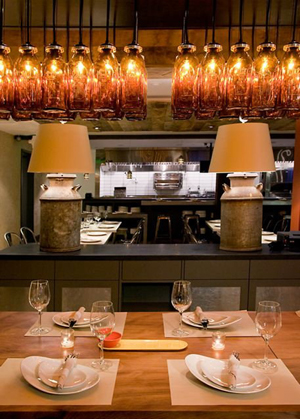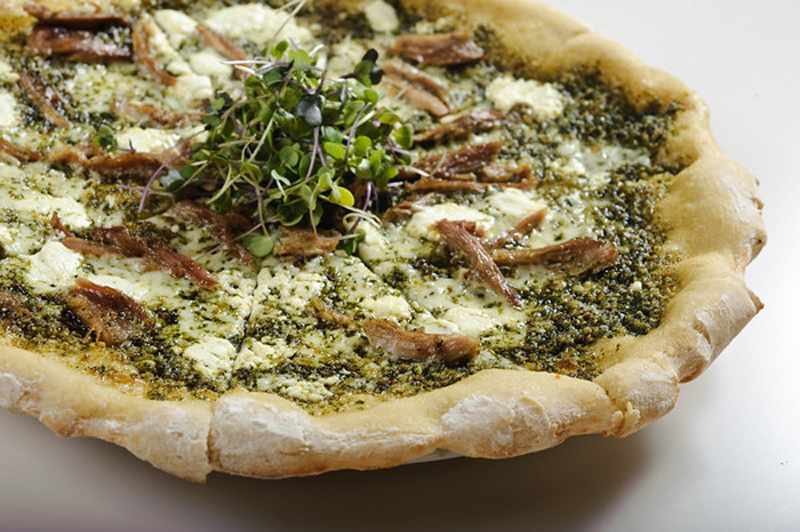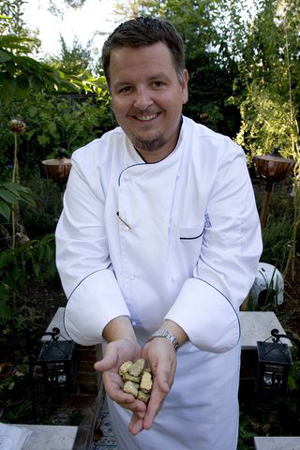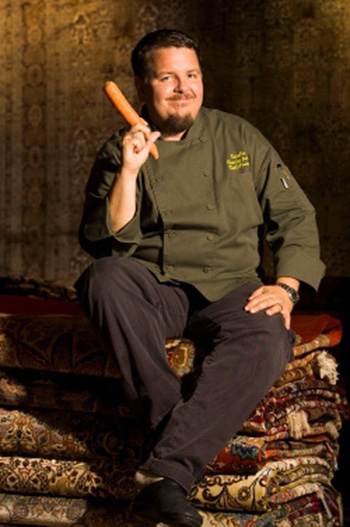Take Five with Peninsula Chef-Restaurateur Jesse Cool, On Three Decades of Championing Organic Food
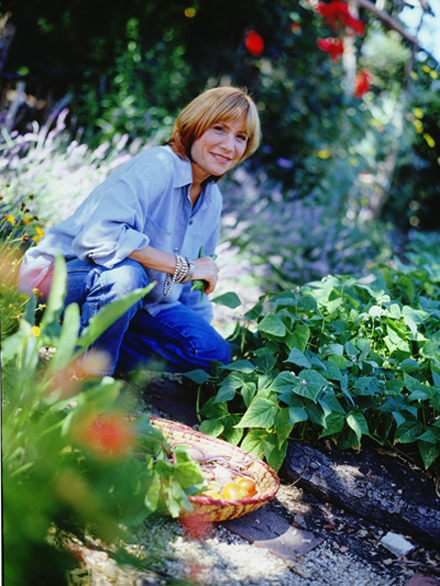
Long before it was popular, Peninsula chef-restaurateur Jesse Cool served organic food. Back then, it wasn’t what most diners wanted to eat. They certainly didn’t want to pay extra for it, either.
How the culinary landscape has changed. And Cool couldn’t be more pleased.
Despite hard times for so many restaurateurs now, Cool is coming off her busiest year ever in 2008. There’s more to come, too.
June 7, she’ll host “Dirt to Dining,” a benefit held at her Palo Alto home for the Ecological Farming Association. Spend an afternoon enjoying appetizers, mingling with organic farmers and vintners, and learning about organic gardening and pest control. There also will be a silent auction.
Price is $25 for the garden tour alone; $75 for the organic food and wine tasting if purchased by May 29 ($100 at the door). For information, call (650) 854-1226.
Additionally, Cool just closed her 10-year-old jZCool Eatery in downtown Menlo Park. She is moving her CoolEatz Catering to a larger site in the Menlo Business Park in East Menlo Park. In June, a new organic lunch cafe will open there, as well.

The business park also happens to be where she held her 60th birthday party earlier this year. I sat down with her over lunch at her Cool Cafe inside the Cantor Arts Center in Palo Alto to dish about how her interest in local and sustainable food came about, what she’s most proud of, and whether 60 is indeed the new 40.
Q: You’re the hippest 60-year-old around. How do you do it?
A: I am who I am. I think it’s more organic to be real about your age. I attribute it to exercise, attitude, and eating real good food. It does make a difference.
Q: This is the chicken-and-egg question: Who was the first organics pioneer in the Bay Area — you or Alice Waters?
A: We both were. In the beginning, I was into organics and chemical-free. That spilled into sourcing locally.
In the beginning, Alice was into small, local, and artisan. We were both ingredient-driven.
Q: Back in the day, organic food was a hard sell, wasn’t it?
A: It was when I started with Late for the Train in Menlo Park in 1976 and Flea St. Cafe in Menlo Park in 1980. Back then, I couldn’t put organic on the menu without people thinking it was hippy-dippy, that it was unwashed and unsanitary, which it wasn’t.
Being in the South Bay made it even harder. Just try getting product down here back then. The trucks stopped at San Francisco and Berkeley. I had to go pick up from Niman Ranch, myself.
The cool thing is it’s mainstream now. Food is finally connected to personal, long-term well-being.

Q: What’s your business philosophy?
A: That the customer comes last. Always.
Q: Really?
A: I decided to do organics for my staff, so they wouldn’t have to wash this stuff off the produce. I didn’t want my staff or the farmers around chemicals. We figured if we took care of our staff and the farmers, that it would spill over to the customers.
Q: You faced some real challenges early on?

